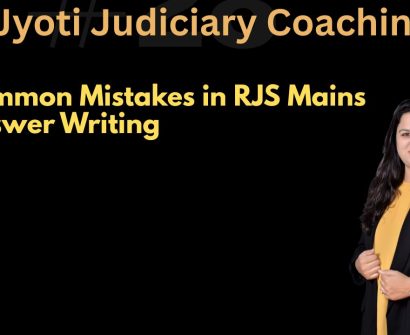Understanding the Concept of “Gift” under the Transfer of Property Act

Introduction
Gifts have been an integral part of human society for centuries, symbolizing love, goodwill, and generosity. In the realm of property transactions, the term “gift” holds a specific legal significance governed by the Transfer of Property Act, 1882, in India. This act defines and regulates the transfer of property through various means, including gift deeds. In this article, we will delve into the intricacies of the concept of “gift” under the Transfer of Property Act, exploring its legal framework, essential elements, and implications.
Legal Framework
The Transfer of Property Act, 1882, is a comprehensive legislation in India that outlines the various modes of transferring property. Section 122 of the Act defines a “gift” as the transfer of certain existing movable or immovable property made voluntarily and without consideration by one person (the donor) to another person (the donee) and accepted by or on behalf of the donee.
Essential Elements of a Valid Gift
To constitute a valid gift under the Transfer of Property Act, the following essential elements must be present:
Transfer of Ownership: A gift must involve the complete transfer of ownership from the donor to the donee. The donor must give up all rights and control over the property.
Voluntariness: The gift must be made voluntarily by the donor, without any coercion, undue influence, or fraud. The donor should possess the free will to give away the property.
No Consideration: A gift must be without any consideration. This means that the donee should not provide anything in return for the property. A nominal or symbolic amount can be considered as “no consideration.”
Acceptance: The gift must be accepted by the donee or someone authorized on their behalf. The acceptance must be during the donor’s lifetime and while they are still capable of giving consent.
Registration: Depending on the nature of the property, a gift deed may need to be registered to be legally valid. Immovable property, like land and buildings, typically requires registration.
Implications of a Gift Deed
Irrevocable: Once a gift is made and accepted, it becomes irrevocable. The donor cannot change their mind and demand the property back unless there is a specific condition in the gift deed allowing for revocation.
Conditional Gifts: Gifts can be made with conditions attached. These conditions must be lawful and should not be against public policy. If the conditions are not fulfilled, the gift may be revoked.
Income Tax Implications: In India, gifts may have income tax implications for both the donor and the donee, depending on the value of the gift and the relationship between the donor and donee. Consultation with a tax expert is advisable.
Succession and Inheritance: Gifted property may have different legal implications regarding succession and inheritance as compared to property obtained through other means like inheritance or purchase.
Conclusion
Gifts, under the Transfer of Property Act, are a legally recognized and binding way to transfer property from one person to another. However, it is crucial to understand the essential elements and legal implications associated with gifts to ensure that such transactions are carried out smoothly and without any future disputes. If you are considering making or accepting a gift of property, it is advisable to consult a legal expert to ensure compliance with the Transfer of Property Act and other relevant laws. Gifts, when made in accordance with the law, can serve as a noble expression of generosity and goodwill between individuals.
If you want to be a judicial officer and are looking for RJS coaching in Jaipur, here, at Jyoti Judiciary we provide comprehensive study material to make your preparation solidified and top-notch. From preliminary mock tests to mains answer writing sessions every material required for clearing the exam is provided. We have separate legal current affairs classes, legal general knowledge, and current affairs classes all in one-time enrolment. Hurry up.









